Omaima Fallatah
Knowledge Graphs Evolution and Preservation -- A Technical Report from ISWS 2019
Dec 22, 2020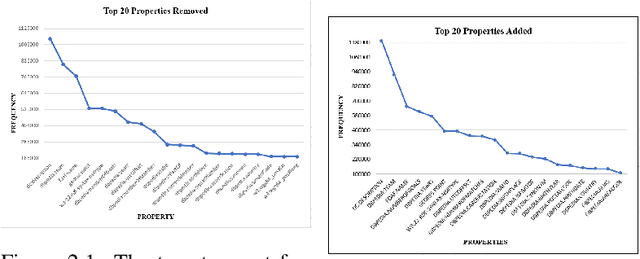
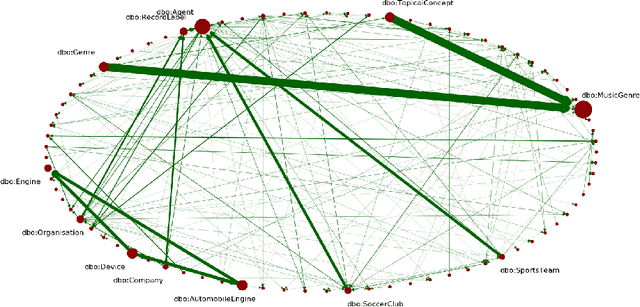
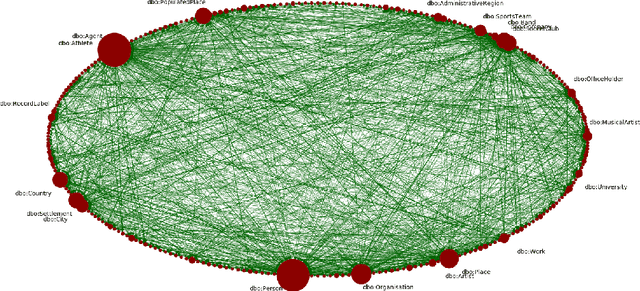
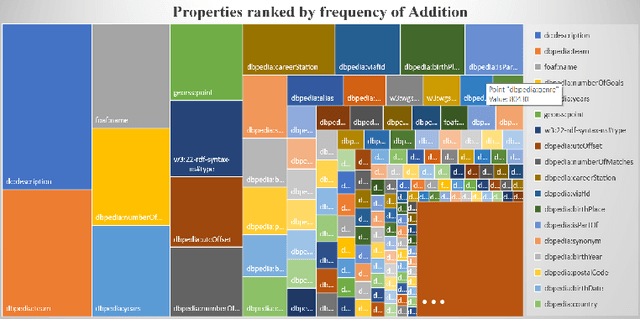
Abstract:One of the grand challenges discussed during the Dagstuhl Seminar "Knowledge Graphs: New Directions for Knowledge Representation on the Semantic Web" and described in its report is that of a: "Public FAIR Knowledge Graph of Everything: We increasingly see the creation of knowledge graphs that capture information about the entirety of a class of entities. [...] This grand challenge extends this further by asking if we can create a knowledge graph of "everything" ranging from common sense concepts to location based entities. This knowledge graph should be "open to the public" in a FAIR manner democratizing this mass amount of knowledge." Although linked open data (LOD) is one knowledge graph, it is the closest realisation (and probably the only one) to a public FAIR Knowledge Graph (KG) of everything. Surely, LOD provides a unique testbed for experimenting and evaluating research hypotheses on open and FAIR KG. One of the most neglected FAIR issues about KGs is their ongoing evolution and long term preservation. We want to investigate this problem, that is to understand what preserving and supporting the evolution of KGs means and how these problems can be addressed. Clearly, the problem can be approached from different perspectives and may require the development of different approaches, including new theories, ontologies, metrics, strategies, procedures, etc. This document reports a collaborative effort performed by 9 teams of students, each guided by a senior researcher as their mentor, attending the International Semantic Web Research School (ISWS 2019). Each team provides a different perspective to the problem of knowledge graph evolution substantiated by a set of research questions as the main subject of their investigation. In addition, they provide their working definition for KG preservation and evolution.
Challenges of Linking Organizational Information in Open Government Data to Knowledge Graphs
Aug 14, 2020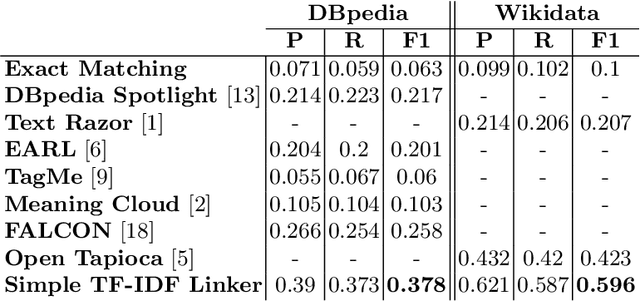
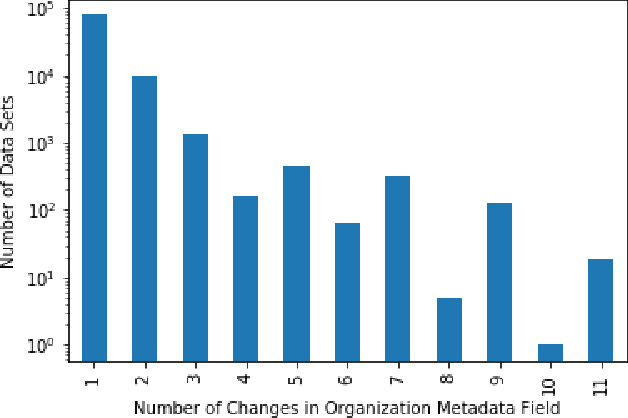
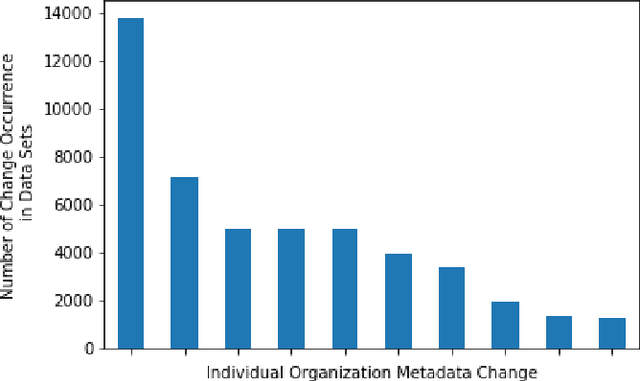

Abstract:Open Government Data (OGD) is being published by various public administration organizations around the globe. Within the metadata of OGD data catalogs, the publishing organizations (1) are not uniquely and unambiguously identifiable and, even worse, (2) change over time, by public administration units being merged or restructured. In order to enable fine-grained analyses or searches on Open Government Data on the level of publishing organizations, linking those from OGD portals to publicly available knowledge graphs (KGs) such as Wikidata and DBpedia seems like an obvious solution. Still, as we show in this position paper, organization linking faces significant challenges, both in terms of available (portal) metadata and KGs in terms of data quality and completeness. We herein specifically highlight five main challenges, namely regarding (1) temporal changes in organizations and in the portal metadata, (2) lack of a base ontology for describing organizational structures and changes in public knowledge graphs, (3) metadata and KG data quality, (4) multilinguality, and (5) disambiguating public sector organizations. Based on available OGD portal metadata from the Open Data Portal Watch, we provide an in-depth analysis of these issues, make suggestions for concrete starting points on how to tackle them along with a call to the community to jointly work on these open challenges.
 Add to Chrome
Add to Chrome Add to Firefox
Add to Firefox Add to Edge
Add to Edge